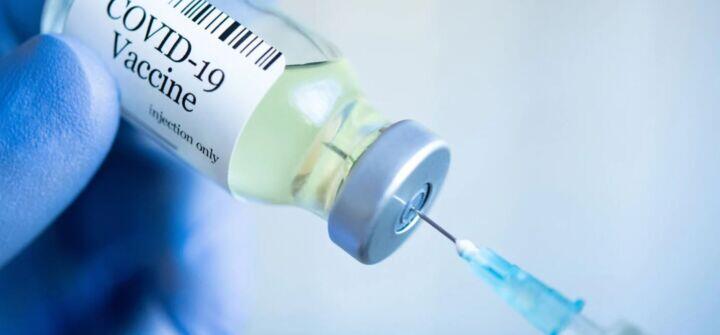In a bid to safeguard the livestock sector from the devastating impacts of disease outbreaks, the Federal Government has commenced the distribution of vaccines nationwide. This initiative aims to protect animal health, ensure food security, and stabilize livelihoods dependent on livestock farming.
Containing Disease Spread
Speaking during the launch of the vaccine distribution program in Abuja, the Minister of Agriculture and Rural Development, Abubakar Kyari, stated that the move is part of the government’s proactive measures to mitigate the risks posed by prevalent livestock diseases. He highlighted the economic losses that such diseases have caused in the past, emphasizing the need for early intervention.
“Livestock diseases not only affect the health of animals but also disrupt the livelihoods of millions of Nigerians. By distributing these vaccines, we are taking a decisive step to protect our farmers, ensure food security, and strengthen the economy,” Kyari remarked.

### Targeted Diseases
The vaccination campaign targets critical diseases that have posed challenges to the livestock industry, including:
– **Foot-and-Mouth Disease**: A highly contagious viral disease affecting cattle and other cloven-hoofed animals.
– **Newcastle Disease**: A viral infection prevalent in poultry, leading to significant mortality rates.
– **Peste des Petits Ruminants (PPR)**: Commonly known as goat plague, affecting sheep and goats.
– **Brucellosis**: A bacterial infection that impacts both animals and humans through zoonotic transmission.
### Implementation Strategy
The government is collaborating with state ministries of agriculture and veterinary associations to ensure the vaccines reach rural and urban livestock farmers efficiently. The distribution will prioritize regions with the highest disease outbreaks based on surveillance data. Mobile vaccination teams and outreach programs will also be deployed to educate farmers on disease prevention and management.
### Supporting Farmers
In addition to vaccine distribution, the government is providing technical assistance to farmers to improve animal husbandry practices. Veterinary officers will be on the ground to monitor the vaccination process and offer guidance on biosecurity measures to prevent future outbreaks.
### Benefits to the Economy
The livestock sector contributes significantly to Nigeria’s economy, providing employment and serving as a vital source of protein through meat and dairy products. Disease outbreaks in the sector often lead to decreased productivity, higher food prices, and financial strain on farmers.
By tackling these diseases, the government aims to:
– Enhance livestock productivity.
– Reduce the economic burden on farmers.
– Stabilize the supply of animal-based food products.
– Promote exports of livestock and animal products.
### Farmers Welcome Initiative
Livestock farmers have expressed optimism about the government’s efforts, noting that the vaccine distribution will help reduce mortality rates and boost their income. However, they also urged sustained efforts in disease control, including regular vaccine updates and improved access to veterinary services.
### Conclusion
The nationwide vaccine distribution initiative demonstrates the government’s commitment to protecting Nigeria’s livestock industry from disease outbreaks. By investing in animal health, the initiative will not only secure the livelihoods of millions of farmers but also contribute to the nation’s food security and economic stability.
Effective implementation and continuous support will be crucial to ensuring the long-term success of this program and the resilience of Nigeria’s livestock sector.
Support InfoStride News' Credible Journalism: Only credible journalism can guarantee a fair, accountable and transparent society, including democracy and government. It involves a lot of efforts and money. We need your support. Click here to Donate
